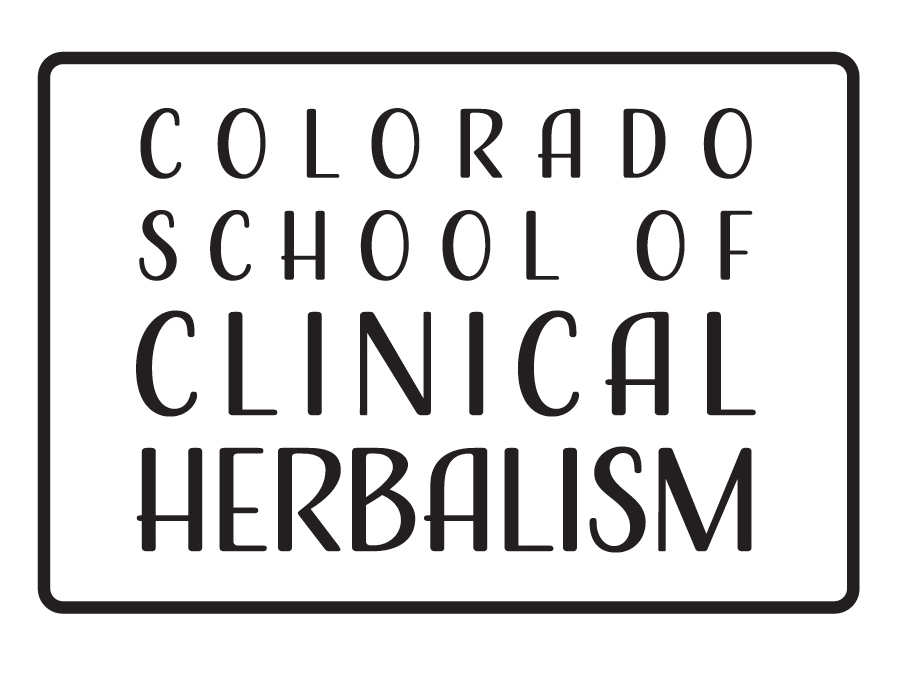
By: Rachel Cook
Herbs & Nutrition for a Digestive Reset
Poor digestion is something that most of us have experienced at some point in our life and to say the least, it can be frustrating. When our gut is out of whack, we can experience anything from low energy to compromised immunity, skin problems, poor sleep, and brain fog. Truly, the list is endless because our gut microbiome is central to our health. Given this, it’s unsurprising that abnormalities in these microbe communities are associated with chronic diseases like IBD and type II diabetes as well as many types of cancer. The good news is that diet and lifestyle have a major influence over the health of our microbiome and thus can help to prevent and even reverse disease in many cases.
Although our microbiome is largely established at birth, our dietary and lifestyle habits can have a major influence on the number, distribution, and diversity of these critters. Our entire body is covered in microbes but it is the gut that hosts the highest numbers. This makes sense from an evolutionary perspective when we consider that these microbes are helping us to digest our food and absorb nutrients as well as prevent the colonization of pathogens. A healthy microbiome thrives on whole foods and a diversity of phytonutrients. When we consume a lot of processed foods, rancid vegetable oils, and sugar, our beneficial microbes are altered at the metabolic level and therefore our metabolism is altered too.
Specific diets support different bacterial communities each of which plays a different role in our health. For instance, plant-rich diets that are high in fermentable carbohydrates (FODMAPS) and include a high diversity of plant foods promote colonization of bacteria that are capable of breaking down polysaccharides, oligosaccharides, and sugars as well as greater overall bacterial diversity which is linked to greater metabolic health. Whereas, a diet higher in fat and lower in carbs like a Keto diet, tends to support a less diverse bacterial population that is largely bile-resistant and less capable of fermentation and breakdown of certain nutrients. That is not to say that a keto diet cannot be healthy and well indicated for certain illnesses, but it is important to emphasize a diversity of low-carb fiber such as nuts, seeds, non-starchy vegetables, and small amounts of whole grains and legumes if allowed.
Diet is not a one-size-fits-all approach as we might like to think. Two individuals eating the same diet may have profoundly different metabolic outcomes. Individual variation in outcomes of specific diets is determined by one’s microbiome composition prior to the diet modification as well as genetics which may for instance determine how well an individual metabolizes carbohydrates. So to say that any one diet is best for supporting microbial health for everyone is short-sighted. Nevertheless, regardless of an individual’s baseline microbiome, a diet rich in plant fibers seems to promote beneficial metabolic outcomes due to saccharolytic fermentation which produces short-chain fatty acids. These short-chain fatty acids are beneficial links between microbes and the rest of our body, including our organ systems, and are linked to lower inflammation, better brain function, a healthy liver, and insulin sensitivity amongst other health parameters.
So in summary, regardless of what diet type you follow, it is critical to our health to include more fiber. Some individuals such as those with IBS or SIBO may have to limit fermentable fibers for a period of time due to an overgrowth of bacteria that feed on these fibers in the small intestine. Still, these individuals have many other fiber-rich options such as many types of vegetables, certain fruits, and limited amounts of nuts and seeds. For those who can tolerate fermentable fibers, the more the better! But start slow and work your way up as increasing your fiber intake rapidly can lead to uncomfortable symptoms of bacterial fermentation such as gas and bloating. Aim for increasing your fiber intake by 2-5g/ week. Aim for diversity in phytonutrients too (aka eat the rainbow) as this will lead to a greater diversity of your bugs and therefore a healthier you.
References:
Dahl WJ, Rivero Mendoza D, Lambert JM. Diet, nutrients and the microbiome. Prog Mol Biol Transl Sci. 2020;171:237-263. doi: 10.1016/bs.pmbts.2020.04.006. Epub 2020 Apr 25. PMID: 32475524.
de Vos WM, Tilg H, Van Hul M, Cani PD. Gut microbiome and health: mechanistic insights. Gut. 2022 May;71(5):1020-1032. doi: 10.1136/gutjnl-2021-326789. Epub 2022 Feb 1. PMID: 35105664; PMCID: PMC8995832.
Jardon KM, Canfora EE, Goossens GH, et al. Gut 2022;71:1214–1226.
